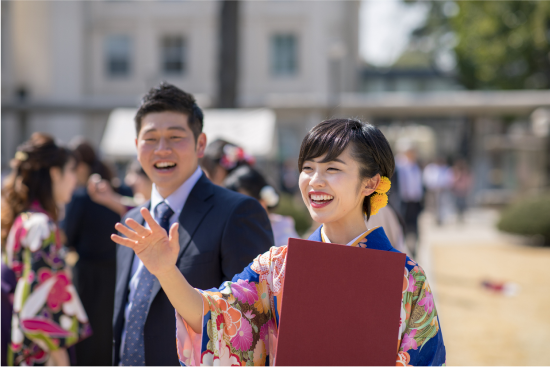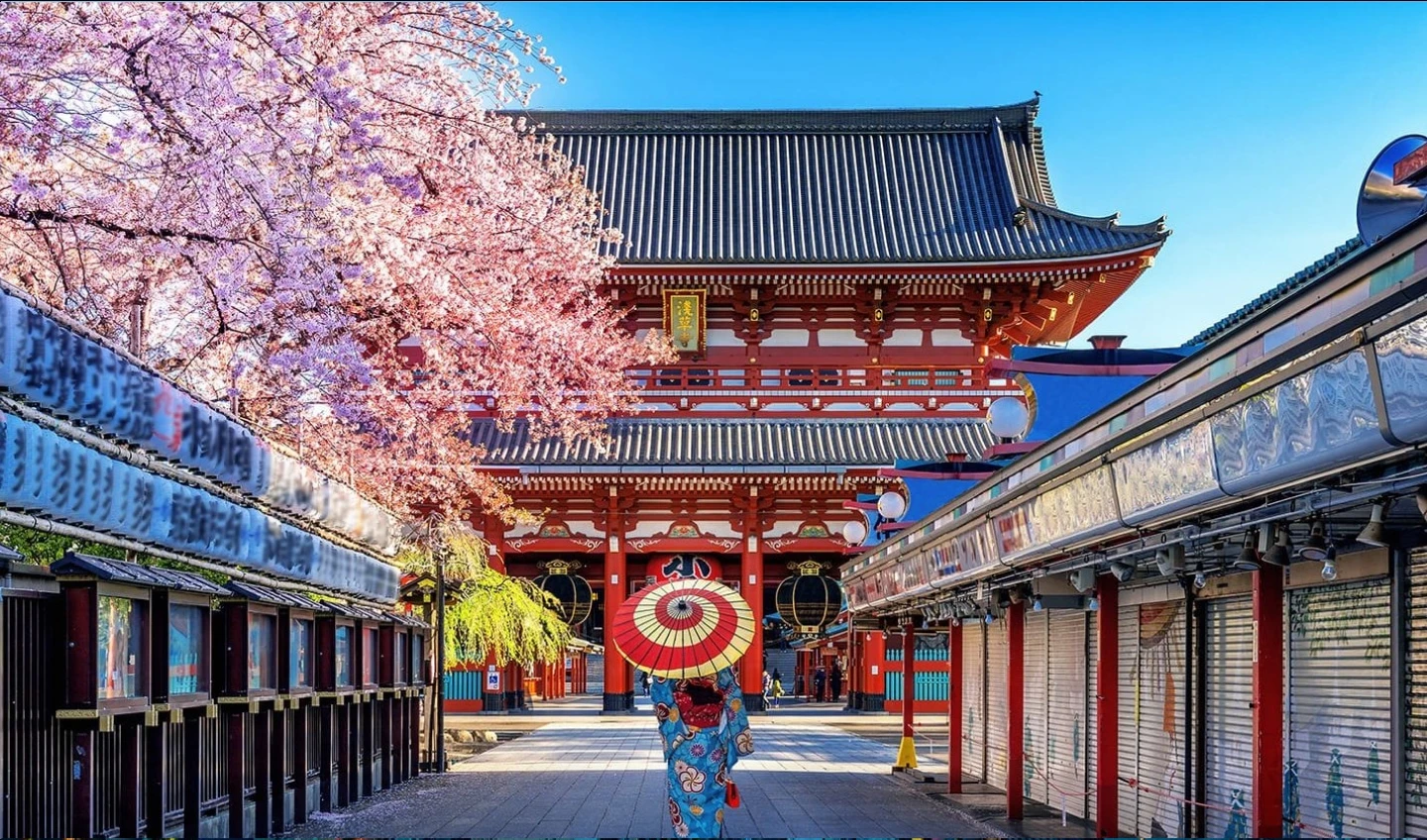
Studying in Japan is an immersive odyssey that transcends academic boundaries, offering students a gateway to unparalleled personal and professional growth. Our consultancy is dedicated to guiding you through this transformative experience.
Mastering the Japanese language is fundamental to thriving in Japan's dynamic environment. Our language classes, including NAT, JLPT, JLCT, and TOPJ preparation courses, equip you with the linguistic prowess needed for success in academia and beyond.
Beyond language proficiency, Japan's rich cultural tapestry awaits exploration. From vibrant city life to serene countryside, Japan offers a diverse backdrop for academic pursuits. Our consultancy provides personalized support in navigating admissions, securing scholarships, and obtaining visas for the university or vocational school of your choice.
Immerse yourself in Japan's timeless traditions, cutting-edge research opportunities, and vibrant cultural experiences. Let us be your compass on this extraordinary journey, guiding you towards a future filled with boundless possibilities in the Land of the Rising Sun.
Studying in Japan offers unparalleled academic excellence, cutting-edge research opportunities, and rich cultural immersion. Renowned for its prestigious universities and innovative programs, Japan provides students with a global perspective and the chance to engage in groundbreaking research projects. Mastering the Japanese language enhances career prospects, while experiencing traditional customs alongside modern pop culture enriches the student experience. With a reputation for safety, quality of life, and generous scholarship opportunities, Japan stands as an ideal destination for students seeking a transformative educational journey in a dynamic and welcoming environment.

Costs for studying in Japan vary depending on factors like institution, location, and lifestyle, but generally range from $7,000 to $15,000 per year for tuition and living expenses. Additionally, scholarships and part-time work opportunities can help offset costs for international students.
Japan's educational system comprises three main stages: elementary, lower secondary, and upper secondary education. Elementary education is compulsory and lasts for six years, followed by three years of lower secondary education. Upper secondary education is not mandatory but highly encouraged, offering both academic and vocational tracks. Higher education includes universities, junior colleges, and technical colleges, with undergraduate programs typically lasting four years. Japan's education system emphasizes academic excellence, discipline, and holistic development, fostering a strong sense of responsibility and dedication among students. Additionally, the country is known for its innovative approach to teaching and learning, incorporating cutting-edge technology and research opportunities.
Japan offers various scholarships for international students, including the Japanese Government (MEXT) Scholarship, JASSO Scholarship, and university-specific scholarships. These scholarships cover tuition fees, living expenses, and sometimes travel costs. Additionally, there are private scholarships from organizations and foundations, providing financial support to deserving students pursuing higher education in Japan.
Japan offers diverse job opportunities for international students, particularly in fields such as technology, engineering, finance, hospitality, and education. The country's strong economy and aging population create demand for skilled professionals. Many multinational companies have a presence in Japan, providing avenues for career growth. Fluency in Japanese enhances job prospects, although some positions may be available in English. Additionally, part-time work opportunities are accessible for students, offering valuable experience and supplemental income. Japan's work culture emphasizes diligence, teamwork, and innovation, providing a rewarding environment for individuals seeking to launch or advance their careers.
Intake options in Japan typically follow a semester-based system, with two main intakes: April and September. The April intake aligns with the start of the academic year, while the September intake offers opportunities for mid-year admissions. Some universities may also have additional intake periods for specific programs or international students.









